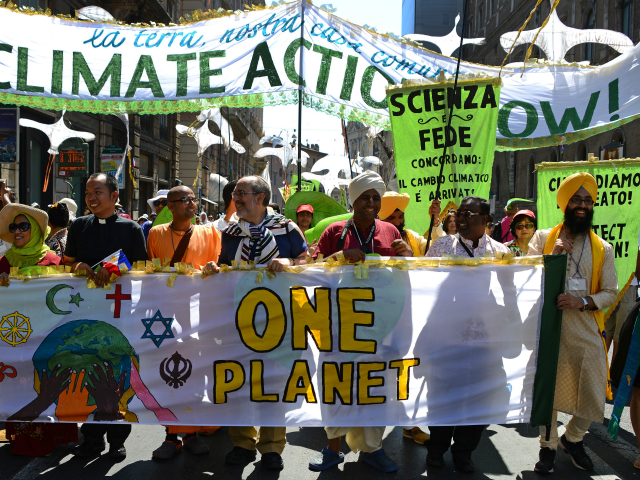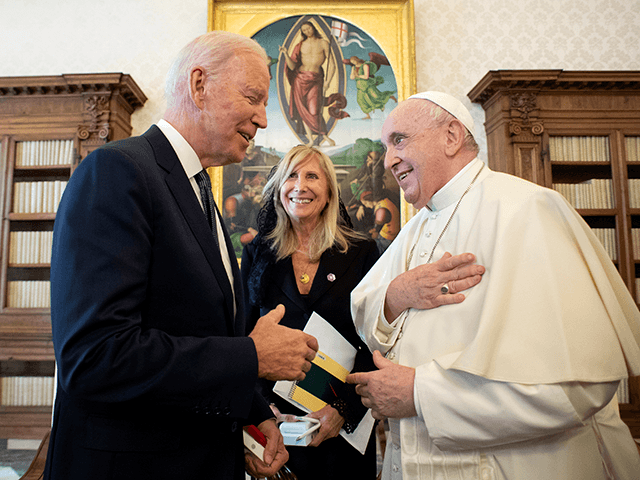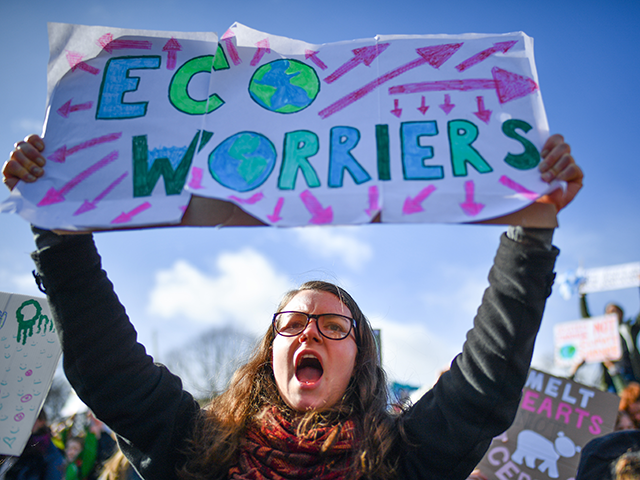ROME — The Vatican newspaper L’Osservatore romano dedicated an entire page to spreading climate alarmism Monday, with stories on the cost of 2021 weather disasters, deforestation in Amazonia, the melting of the Thwaites Glacier in Antarctica, and “devastating” fires in Colorado, all of which would be due to manmade global warming.
“The ten worst weather disasters of 2021 caused a total of $170 billion in damage worldwide, a figure up from 2020 and reflecting the growing impact of global warming,” the newspaper declares.
“Last year, the amount of economic damage from the 10 most expensive weather events was calculated at nearly $150 billion by experts, who point out that most estimates ‘are based solely on insured damages, which suggests even higher real costs,’” the article laments.
“The costliest disaster was Storm Ida (which occurred in late August and early September), which resulted in flooding in New York City at an estimated cost of $65 billion, the article states, while adding that “some of the most devastating extreme weather events of 2021 have affected poor countries, which have contributed little to the causes of climate change.”

Activists display banners calling for action against world poverty, climate change and other environmental issues as they arrive on St. Peter’s square prior to Pope Francis’s Sunday Angelus prayer. (GABRIEL BOUYS/AFP/Getty Images)
The breathless Vatican report omits two essential points of reference that completely change the narrative on weather disasters.
The first refers to the actual economic “cost” of such weather events. In absolute numbers, the cost of such damage seems fairly high, but as a percentage of global GDP, the cost has declined steadily over the 30-year period from 1990 to 2020.
Moreover, the more nations develop, the more there is to damage. The dollar cost of a tsunami hitting an unoccupied stretch of shoreline would be zero, whereas its cost is astronomical if it hits a highly developed area.
“As the world has gotten richer and its population has grown, the number and quality of structures in the path of floods, fires, and hurricanes have risen,” wrote climate expert Bjorn Lombord in the Wall Street Journal last November.
The second key point of reference omitted in the Vatican newspaper’s analysis of the human cost of extreme weather events is the steadily declining death rate associated with such events, even in absolute terms.

U.S. President Joe Biden met with Pope Francis in 2021 where the two discussed the COVID-19 pandemic, climate change and poverty. (Vatican Media via AP)
The year 2021 hit a new record low number of deaths from weather-related events, with only 6,134 casualties from all weather events globally.
In the past hundred years, annual weather-related deaths have dropped by more than 96 percent, which is very good news. In the 1920s, the death count from weather-related disasters averaged 485,000 every year. In the last full decade, from 2010-2019, the average was 18,362 dead per year, or a decline of 96.2 percent.
Meanwhile, the global population has risen by 400 percent from 1.9 billion in 1920 to 7.9 billion in 2021 and thus the number of weather-related deaths as a percentage of the population is significantly smaller.
An honest analysis of the real human cost of extreme weather events shows that both in terms of economic cost and more importantly in terms of human lives, extreme weather costs humanity less every year, not more.

COMMENTS
Please let us know if you're having issues with commenting.